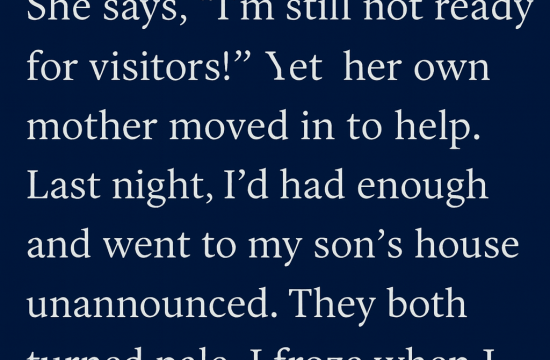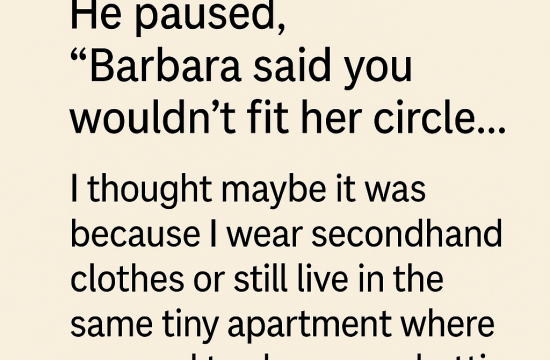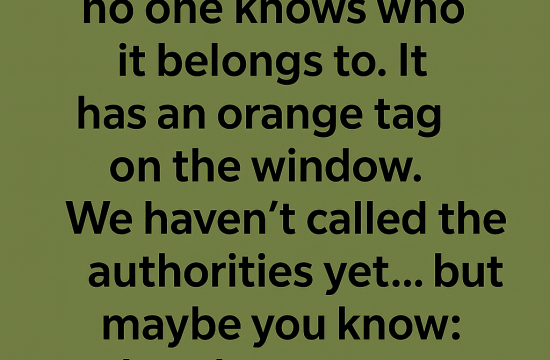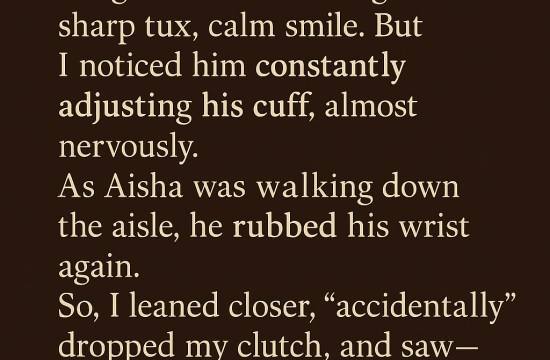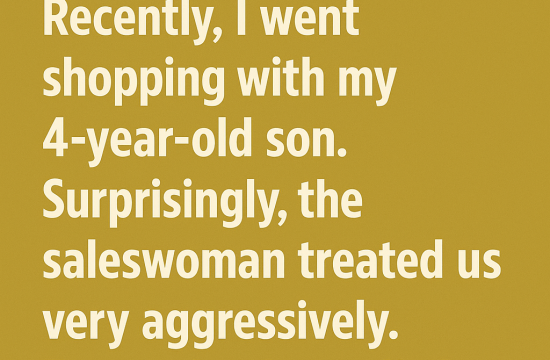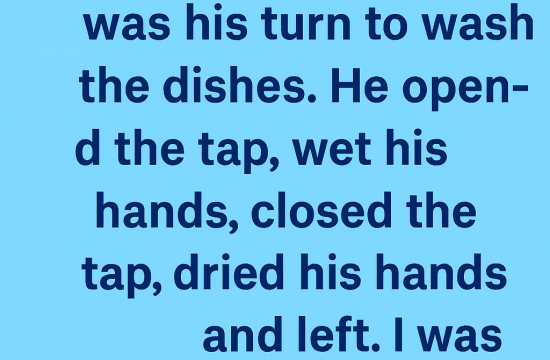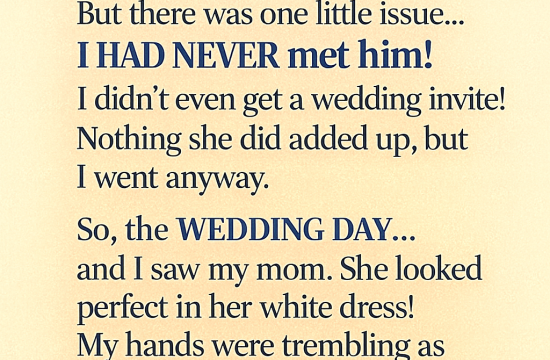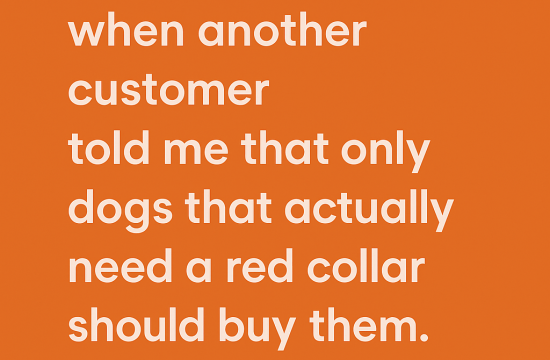When my mom, 54, got sick, everything spiraled fast. It started as what looked like a stubborn cold, but the diagnosis landed like a punch: aggressive pneumonia. Her immune system was too weak to fight it, and the doctor told her to stop working immediately.
My mother has always been fiercely independent — the type who lifted others while refusing help for herself. But behind her brave smile, I saw the fear she tried to hide. The cracks in her strength showed, and I knew she couldn’t weather this storm alone. So I packed up my life, left my tiny apartment, and moved back into the house where she used to braid my hair before school.
Remote work made it possible, but nothing about it was easy. Her savings were evaporating under the weight of prescriptions, specialist fees, and overdue mortgage payments. Every morning I logged into work while timing her medication alarms. Every afternoon I cooked, cleaned, and listened to her breathing for any changes. Caring for her became a second full-time job — one that mattered far more.
Then one night, with her asleep upstairs, I sat in the kitchen staring at my nearly empty bank account. I didn’t have much, but I had one thing with value left: my car. It wasn’t fancy, but it was reliable, paid off, and represented years of hard work.
That week, I sold it.
I didn’t tell her. I walked, took buses, accepted rides from friends. I made it work. Because that’s what you do for the person who once worked double shifts just to make sure you had shoes for winter. For the mother who taught you resilience long before she knew she’d need yours.
Six months crawled by, and slowly, she healed. She could walk around the house, climb the stairs without gasping, even crack jokes at my terrible cooking. Her laugh — the one that always made our home feel full — returned like sunlight after weeks of rain. I didn’t need repayment. Seeing her recover was enough.
And then came the moment that shattered me.
One afternoon, she stood in the kitchen — the same place where I had quietly sold away my safety net — arms folded, expression tense.
“You know,” she began, “I’ve been thinking…”
I turned from the sink. “About what?”
“You’ve been here six months. You didn’t pay rent, you ate my food, you used my utilities. I think it’s only fair you help with some of that.”
At first, I genuinely thought she was joking. But her face didn’t budge.
“You’re serious?” I asked, my voice barely above a whisper.
She nodded. “You chose to move in. I never asked you to give up your apartment or your life.”
For a moment, everything inside me went still. The woman I had given everything for — without hesitation — was calling me a burden. A guest who overstayed. A cost she wanted reimbursed.
So I finally said the truth I had carried alone for half a year.
“You’re right. I did stay here. But maybe you should know I sold my car to pay your mortgage. You were two months behind, and the bank had already sent a notice.”
Her entire face crumpled. She sank into a chair, her hands trembling as though the weight of those words physically broke something in her.
“I… I didn’t know,” she whispered.
“No,” I said gently, “you didn’t. Because I didn’t want you worrying about losing the house on top of getting better. I didn’t do it to keep score. I did it because you’re my mom.”
Silence filled the room — not tense or cold, but thick with realization. With regret.
When she finally reached across the table, her fingers shaking, she gripped my hand like it was a lifeline.
“I’m so sorry,” she said through tears. “I was scared. Everything felt like it was slipping away, and I guess… I took it out on the person closest to me.”
“I know,” I replied softly. “Stress does that. Fear does that. We were both drowning.”
We stayed like that awhile — two stubborn, exhausted hearts finally letting the walls down. That moment wasn’t about debt or sacrifice. It was about understanding. About fear disguised as pride and love learning how to speak again.
A week later, she returned to work part-time. I got a promotion and eventually bought a used car. Nothing luxurious, but it felt like reclaiming a piece of myself.
But the real win was this: our relationship changed. We became more honest, more open. We talked instead of assuming. We asked instead of accusing. And sometimes, we even laughed about how dramatic we both could be.
That dark chapter taught me a truth most people learn only after life bruises them: the ones you love most can hurt you the deepest — not because they want to, but because fear twists their words before their heart can catch up. Healing doesn’t always begin with an apology; sometimes it starts with the courage to tell the truth.
Family is messy. Life is unpredictable. But love — real love — is the glue that holds you together when everything else begins to crack.


